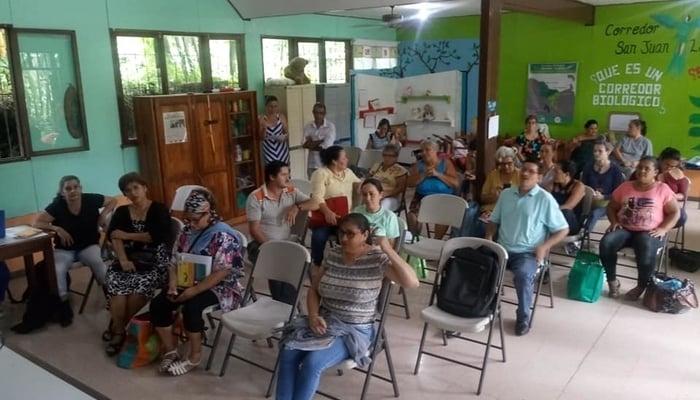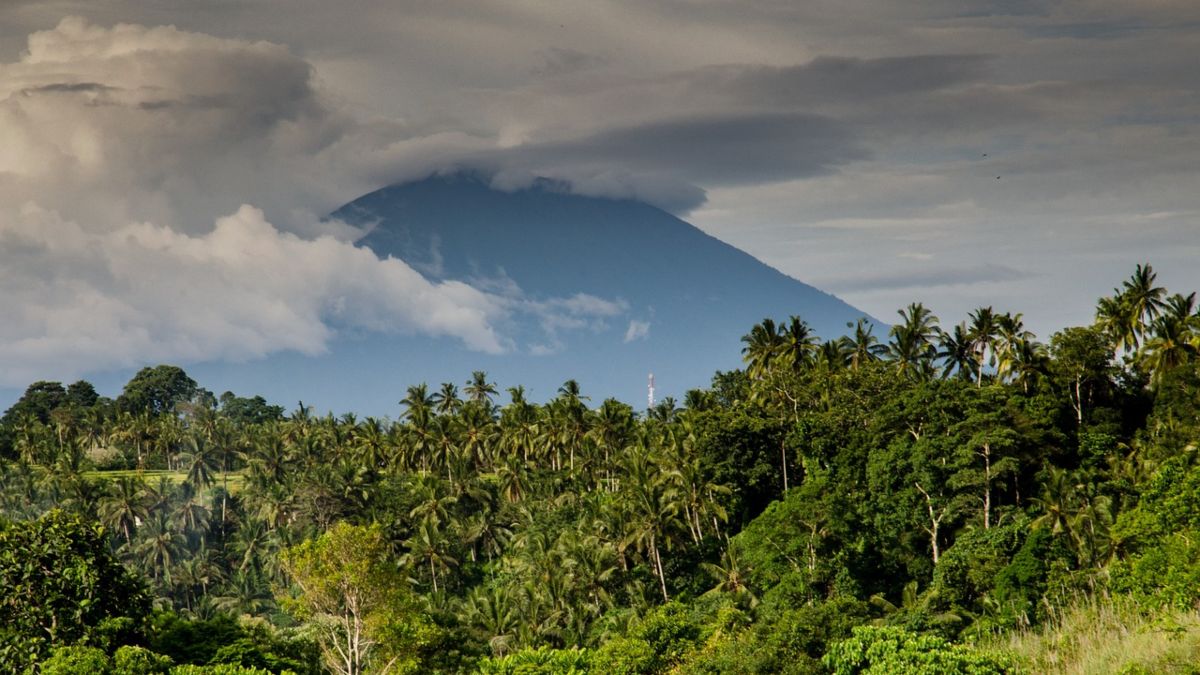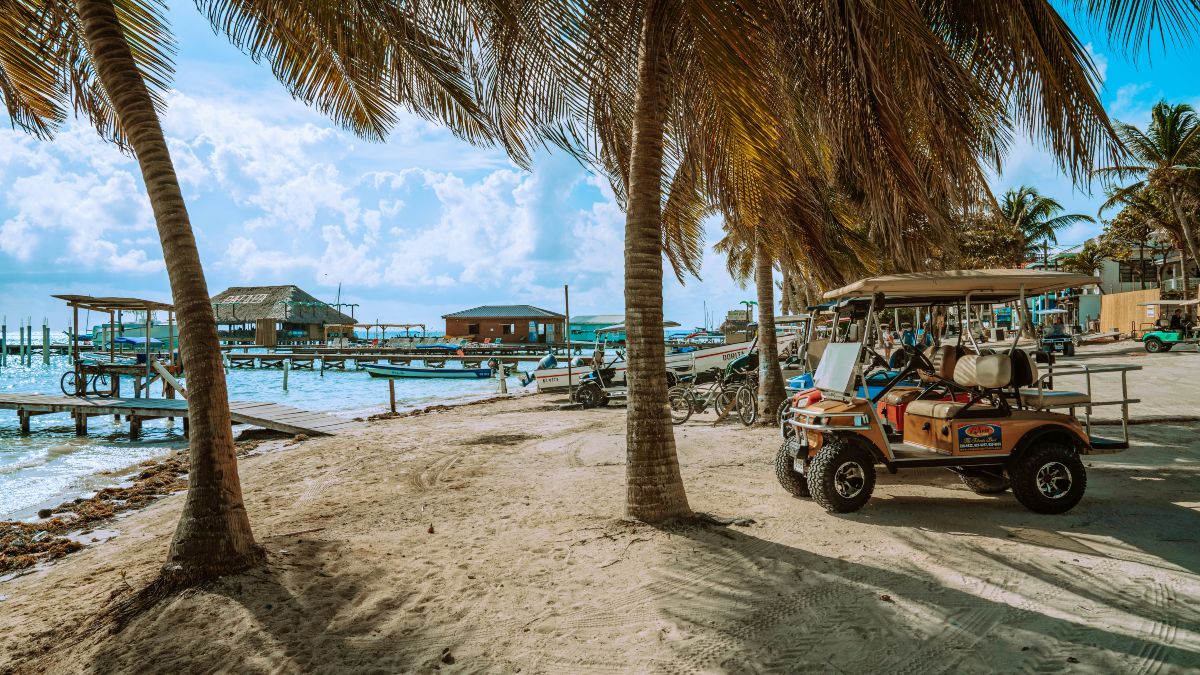We published a recent article about the best places to volunteer in Central America. As a follow-up, US expat Cheri Ballard talks about some of her personal experiences volunteering in Costa Rica.
People come to Costa Rica for all sorts of reasons. Vacations, work, retirement, to have fun. Some come for altruistic reasons too, like volunteering or helping out.
But when it comes to volunteering in Costa Rica, I ask you to exercise some caution. Actually, exercise caution volunteering in any foreign country, not just Costa Rica.
There are many wonderful volunteer programs out there, but also there are many who will rip you off.
Telling the difference can be difficult at first glance and if something sounds too good to be true, it probably is.
Research is always your best friend.
Look at reviews of the organization on its website. Also look at their reviews on other pages, like International Volunteer HQ or Go Overseas. Check out the organization’s social media. Are they on Facebook, Instagram, Twitter? How many followers do they have? What are people saying about them on social media?
At many places, you have to pay to volunteer.
What your payment covers is your room and board, meals, laundry service, and supplies. A good part of that money will also go to your host family, which is a local family.
This is fine, preferable even. If you’re living with a local host family, you’re not only helping them economically, you’re also benefiting in other ways.
Staying with a host family will open you up to the local culture. You’ll go to birthday parties, festivals, and family events. You will eat like a local too, which means lots of rice and beans.
The money your host family earns goes a long way for them. By hosting volunteers they can buy things they wouldn’t be able to otherwise. Sometimes that’s meat and other times new clothes for the kids or school supplies.
Host families are usually screened very well. The volunteer organizations are putting a lot of trust in them, after all. If you don’t have a good experience with your host family, it doesn’t reflect well on the organization.
Before you send a volunteer organization any money, don’t be afraid to ask questions.
Any reputable organization will be happy to answer any question, no matter how obvious or dumb you might think it is.
Anyone who doesn’t reply, or gives vague answers, isn’t worth your time. That’s a major red flag and you should treat them with suspicion.
You need to know what they expect from you while volunteering in Costa Rica.
What hours will you be working? Where will you be working? Will you be indoors or outside? How good will your Spanish need to be?
If you’re volunteering with children, what age-group? Are you working with animals?
What kind of clothing do you need? Some places have dress restrictions. They don’t want you wearing tank tops or short shorts.
You also need to know what they supply and what you need to bring with you or buy on the ground. Some places supply everything, other places supply nothing.
In short, be thorough. You can’t possibly know everything in store for you in advance when volunteering. This is an adventure, after all, and you need some flexibility.
But at the same time, you should know the basics of any volunteer group before you pay them or show up.
If I could make a personal recommendation, it would be CECOS.
CECOS (Centro para la Enseñanza y Conservacion de Sarapiqui) or – in English – the Sarapiqui Conservation Learning Center (SCLG) is wonderful.
I live in the Sarapiqui area and know these guys well.
They are all about environmental education, community development, conservation, and tourism in the Sarapiqui area. They work in local communities to educate and help to raise up future leaders and stewards of the land.
CECOS volunteers will teach English, work as a teaching assistant, help fundraise, help in kids camps, and a whole host of other important work. They’ll stay with a host family.
I know some of the host families who work with CECOS. They’re wonderful people, although they speak no English. They all appreciate and need the money they earn from their guests.
CECOS also helps out local families. They buy school supplies for children for those who can’t afford them. I once saw them buy a dress for a child for a special event. They do great things for the local community.
Don’t expect to get paid for any volunteer work that you do.
Without permanent residency, you’re not allowed to work for money in Costa Rica. Yes, you have to pay to volunteer, but it’s worth it. You’re not only getting a wonderful experience, but you’re also helping out a local family.
So again, remember to ask as many questions as possible. I recommend getting all the details of what they expect from you in writing before you pay them anything.
Make sure you understand something before you sign anything.
And afterward, don’t be afraid to give reviews online, either positive or negative. Others will want to know about your experience, and you’ll be doing the volunteer community a great service.
Cheri Ballard comes from Cincinnati, Ohio. She now lives in the remote Costa Rican countryside, around the area of Puerto Viejo de Saripiqui.




